Malnutrition Care Score for IQR
The Malnutrition Care Score quality measure is available for 2025 hospital reporting.
The Malnutrition Care Score quality measure is available for 2025 hospital reporting.
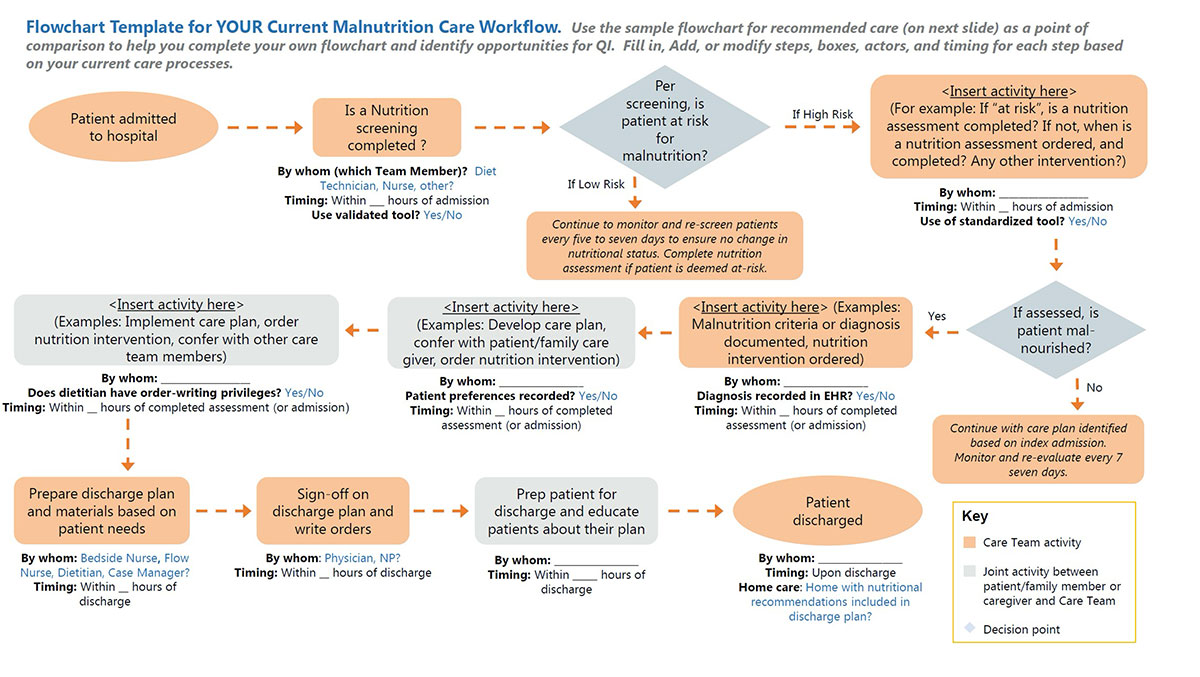
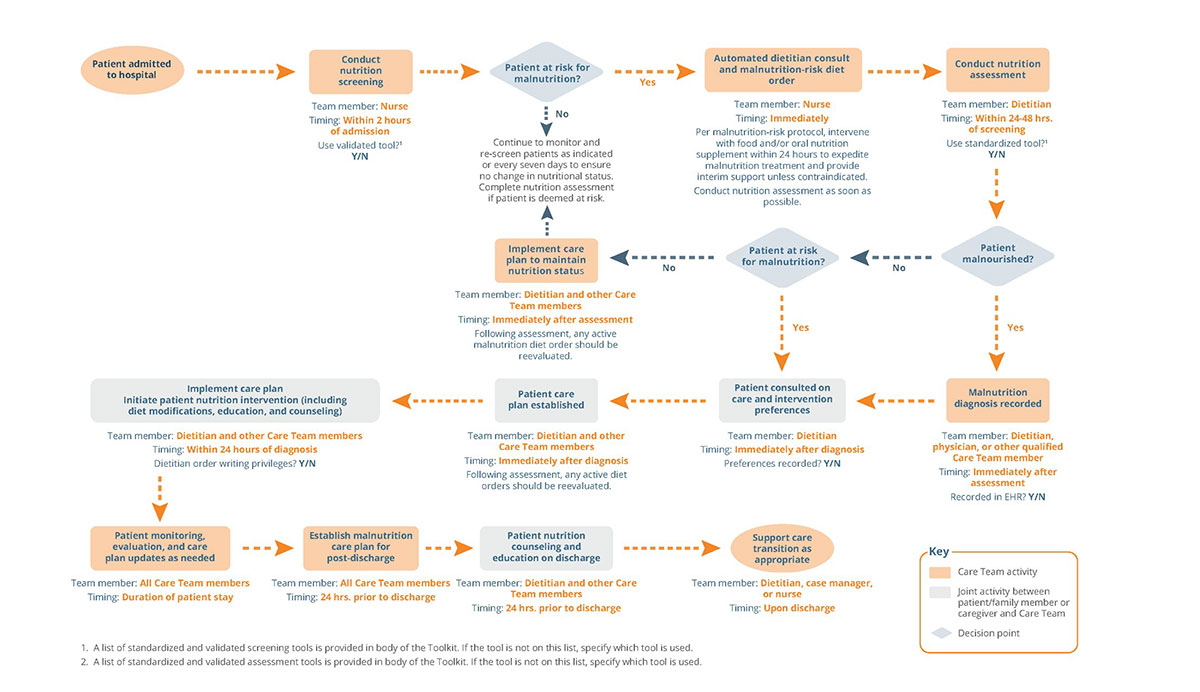
The design and implementation of the MQii are based on several guiding principles. The guiding principles provide a snapshot of the overall intention of the MQii and should be used as a reference as sites employ different approaches to support the uptake of the clinical workflow and other components of the toolkit.
Founded on evidence demonstrating that nutrition intervention can improve patient clinical outcomes and lower cost of care for malnourished and at-risk hospitalized adults, including decreasing morbidity and mortality, hospital-acquired conditions and complications, enhancing care transitions, and reducing patient length of stay and unplanned readmissions
Aims to address the gap in optimal malnutrition care delivery for hospitalized older adults (ages 65+) based upon evidence across the entire spectrum of malnutrition care delivery, including screening, assessment, diagnosis, nutrition intervention, and discharge planning
Seeks to advance early screening, assessment, diagnosis and prompt nutrition intervention for malnourished and at risk hospitalized older adults
Seeks to promote a patient-driven nutrition intervention that incorporates patients’ clinical presentations, preferences and risk factors
Defines nutritional interventions as standard or specialized diets, oral nutrition supplements, tube feeding, parenteral nutrition, and patient education or counseling
Aims to promote safety and improve patient outcomes with malnutrition care coordination across all members of the care team, including patients, families, dietitians, physicians, nurses, and other healthcare professionals
To learn more about how the MQii was informed by key stakeholders in malnutrition care, feel free to review the dialogue proceedings (links provided below) from three multi-stakeholder roundtables, hosted by Avalere Health and the Academy of Nutrition and Dietetics, which were held to identify and discuss solutions to salient areas for malnutrition quality improvement.
Dialogue Proceedings: Measuring the Quality of Malnutrition in the Hospitalized Elderly Patient. This dialogue was held to explore approaches to measuring and improving the quality of care for patients with malnutrition. Participants identified a set of specific measurement and improvement areas and prioritized three main areas for initial action: (1) execution of a nutrition care plan, (2) defining malnutrition as a “never event,” and (3) the use of an electronic health record template (Health Information Technology Infrastructure) to support nutrition care.
Dialogue Proceedings: Launching the Malnutrition Quality Improvement Initiative. During this second dialogue event, Avalere Health and the Academy shared progress to date on malnutrition quality improvement activities with key stakeholders, officially introduced the MQii, and obtained expert input on pathways for successful implementation. This input informed the design of the MQii and development of the toolkit.
Dialogue Proceedings: Advancing Patient-Centered Malnutrition Care Transitions. In a third dialogue event, a multi-stakeholder group of health and community leaders and advocates met to develop real-world solutions to better integrate nutrition risk identification and care into existing care transition pathways and accountable care models. These proceedings outline key considerations and recommendations for clinicians/community and social service providers, patients/caregivers, payers, and policymakers to advance patient-centered malnutrition care transitions.
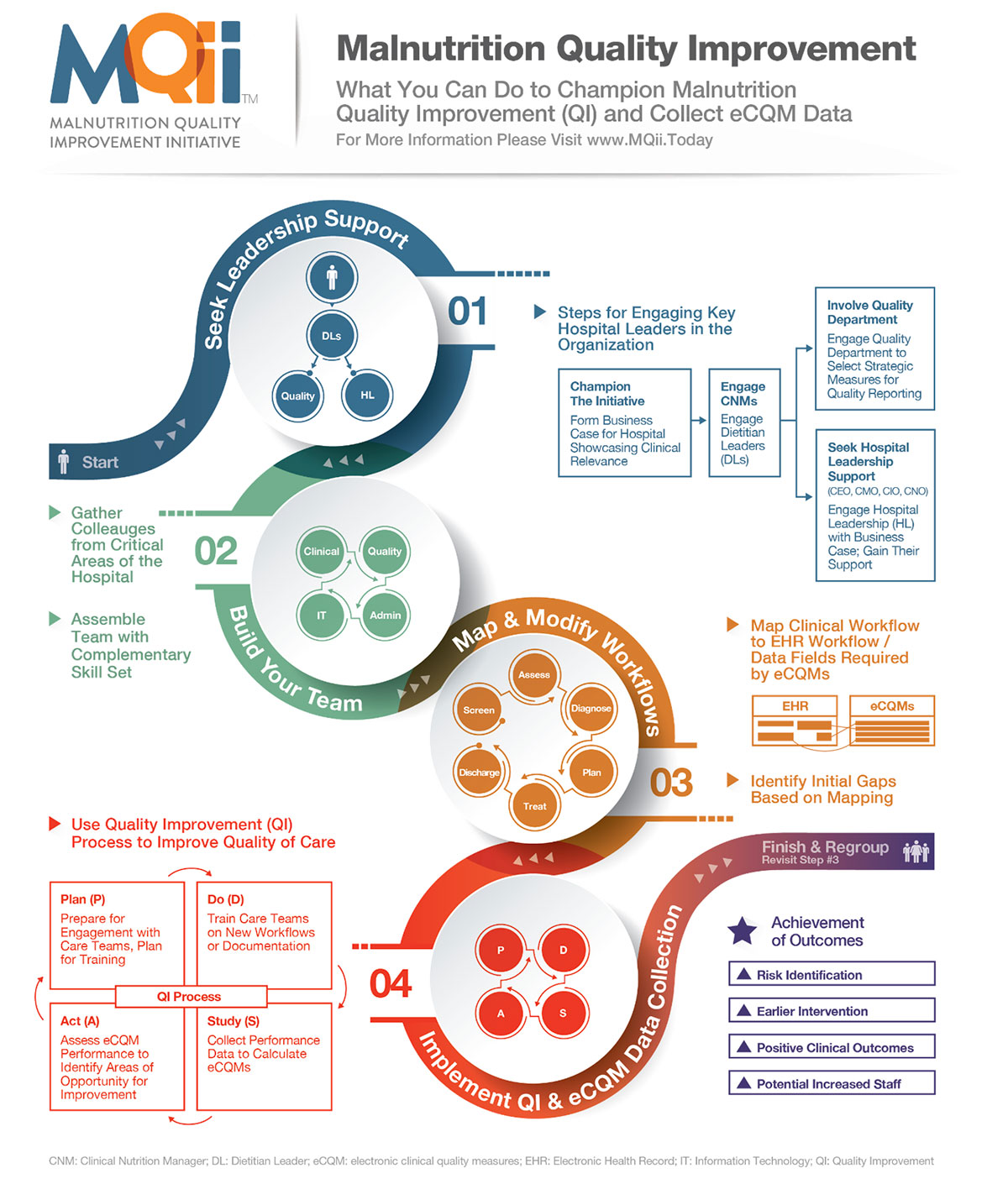
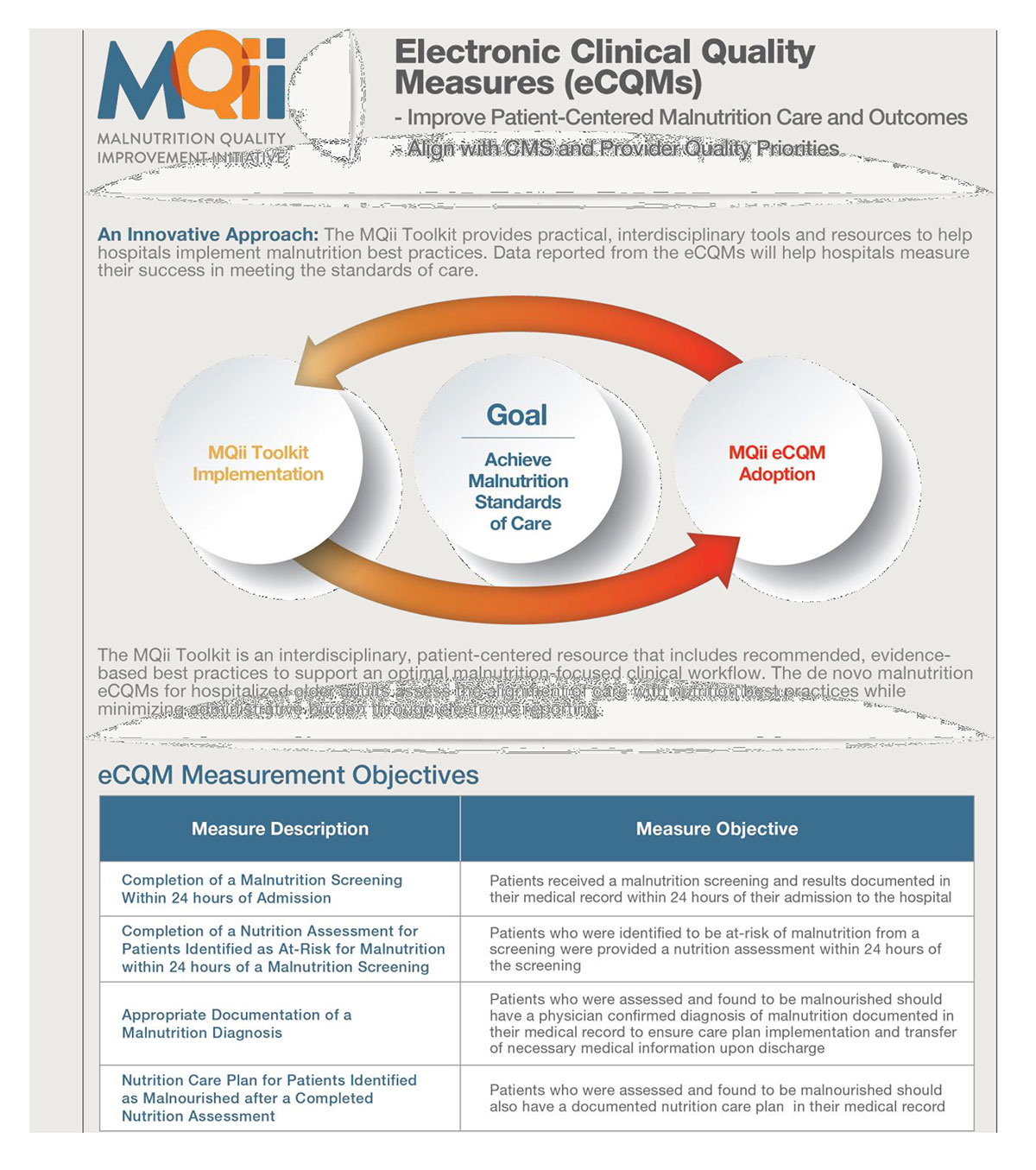
The MQii toolkit (“the toolkit”) is developed and distributed by the Malnutrition Quality Improvement Initiative (MQii), a project of the Academy of Nutrition and Dietetics and Avalere Health, with support from Abbott Nutrition.
Special thanks to the members of the MQii Advisory Committee for their guidance in designing and informing the content of the toolkit; to the members of the Technical Expert Panel for their guidance in specifying the malnutrition electronic clinical quality measures (eCQMs) that eventually became the Global Malnutrition Composite Score; and to the members of the MQii Learning Collaborative for their work to implement this guidance and provide feedback.
Support for the MQii provided by Abbott.
On this page:
MQii Toolkit:
| Cookie | Duration | Description |
|---|---|---|
| cookielawinfo-checbox-analytics | 11 months | This cookie is set by GDPR Cookie Consent plugin. The cookie is used to store the user consent for the cookies in the category "Analytics". |
| cookielawinfo-checbox-functional | 11 months | The cookie is set by GDPR cookie consent to record the user consent for the cookies in the category "Functional". |
| cookielawinfo-checbox-others | 11 months | This cookie is set by GDPR Cookie Consent plugin. The cookie is used to store the user consent for the cookies in the category "Other. |
| cookielawinfo-checkbox-necessary | 11 months | This cookie is set by GDPR Cookie Consent plugin. The cookies is used to store the user consent for the cookies in the category "Necessary". |
| cookielawinfo-checkbox-performance | 11 months | This cookie is set by GDPR Cookie Consent plugin. The cookie is used to store the user consent for the cookies in the category "Performance". |
| viewed_cookie_policy | 11 months | The cookie is set by the GDPR Cookie Consent plugin and is used to store whether or not user has consented to the use of cookies. It does not store any personal data. |
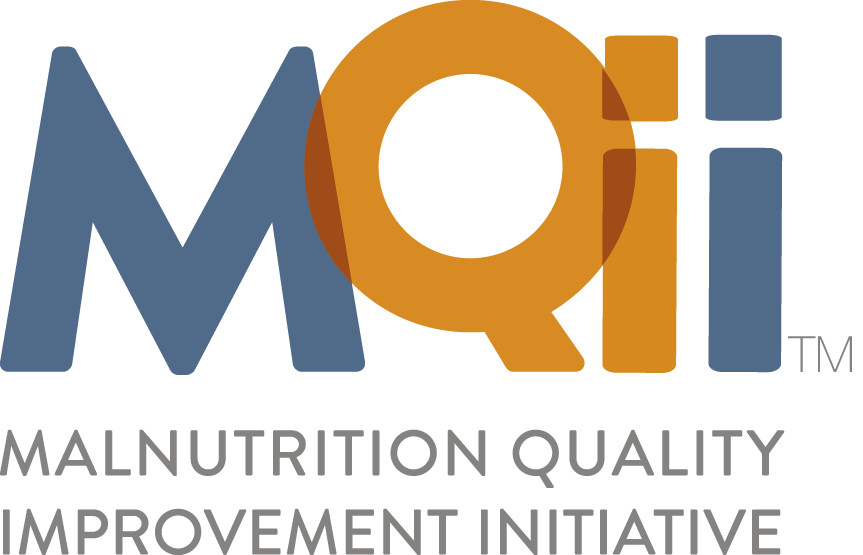
Members Area